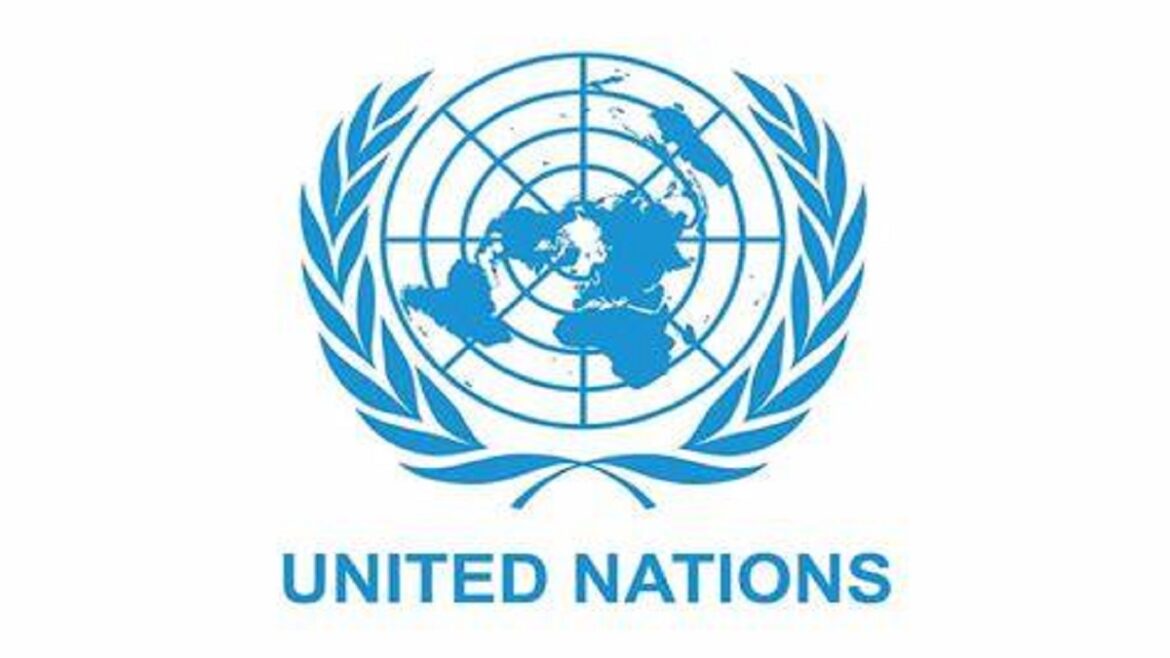By Asmau Ahmad
The United Nations has asked member states to contribute $1 billion to help the millions of people affected by the earthquake that has killed more than 42,000 people in Turkey and Syria.
UN Secretary General, António Guterres, said “today the United Nations is launching a $1 billion humanitarian appeal for the people of Türkiye suffering from the most devastating earthquakes to hit the country in a century.”
He said some 5.2 million people needed the funding that would support relief efforts in the areas of food security, protection, education, water and shelter.
According to him, “Türkiye is home to the largest number of refugees in the world and has shown enormous generosity to its Syrian neighbours for years.
“Now is the time for the world to support the people of Türkiye just as they have stood in solidarity with others seeking assistance. People are suffering and there’s no time to lose.
“The international community should fund this critical effort in response to one of the biggest natural disasters of our times.”
The first earthquake struck on Feb. 6, when a quake with a magnitude of 7.7 hit south-eastern Turkey, followed hours later by a second major quake with a magnitude of 7.6.
More than 42,000 people have died in Turkey and Syria, while thousands remain missing and the region has been largely devastated.
The UN’s appeal came as the International Federation of Red Cross and Red Crescent Societies (IFRC) more than tripled its emergency appeals funding for Syria and Turkey, an IFRC official said.
IFRC’s Secretary General, Jagan Chapagain, told reporters at Beirut International airport that IFRC would increase its emergency funds to 650 million Swiss francs (215 million dollars) for the two countries, 200 million for Syria and 450 million for Turkey.
Chapagain, who was on his way to Turkey and had visited Syria, said the plan initially foresaw 80 million francs for Syria but this figure had been raised to 200 million. For Turkey it had previously been 120 million francs.
He said the current crisis, adding to the 12-year civil war in Syria, would last beyond the coming months and that its impact on the people would also be felt over a longer period.
Earlier, Syrian President, Bashar al-Assad, thanked what he called “brotherly and friendly” countries who stood by the Syrian people after the devastating earthquake.
He said Syria had not been an earthquake zone for two and a half centuries, and it was not equipped for earthquakes.
“The war, which drained resources and weakened capabilities, gave the Syrian society the experience to deal with the earthquake,” he added.
Further international aid and donations for Turkey were announced on Thursday.
NATO Secretary General, Jens Stoltenberg, said in Ankara that NATO alliance planned to provide shelter for thousands of displaced people in Turkey in the coming weeks.
Private donations have raised around 89 million euros (95 million dollars) in the Netherlands in a day-long campaign backed by national broadcasters.
German football team Bayern Munich separately said they are donating 100,000 euros ($107,000) to help victims.
Even as aid efforts continue, the region is still being jolted by separate tremors and aftershocks.
An aftershock jolted the Turkish province of Hatay and areas in Idlib in Syria, with tremors also felt in some areas of Lebanon later on Thursday.
People in Idlib rushed out onto the streets and some heard the sound of screaming, an activist in Idlib told dpa.
The Syrian National Centre for Seismology said an aftershock measuring 5.4 hit north-west of Idlib. Its centre was 61 kilometres from the city, occurring at a depth of 18.8 kilometres.
The Syria’s National Earthquake Centre confirmed that two successive tremors hit the Syrian coastal city of Latakia.
Turkey alone has registered more than 4,300 aftershocks, its disaster authority AFAD said.




